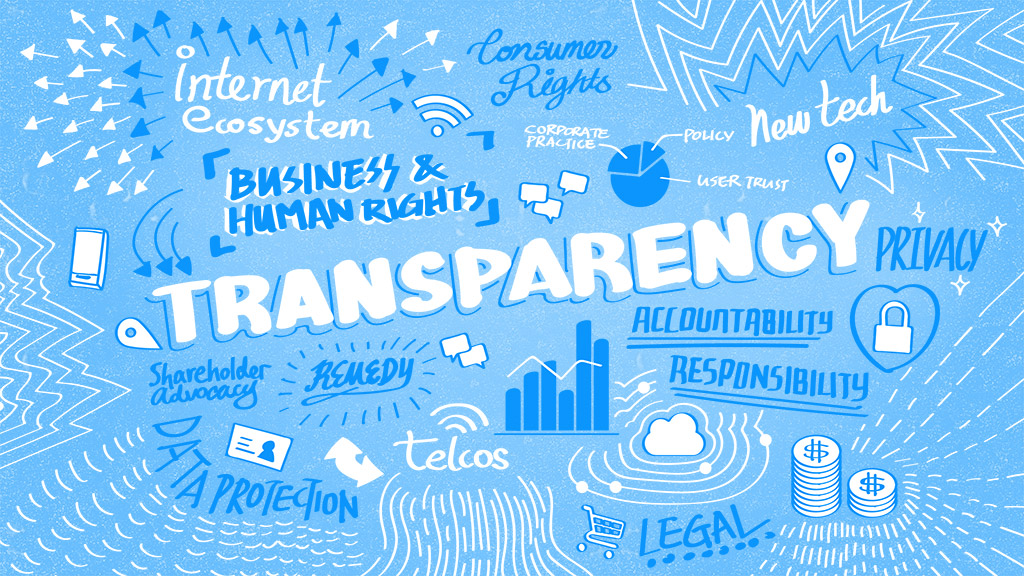Most people believe they have little to no control over their data online. What are the companies who control our experiences online doing to protect our rights? This question is increasingly relevant as technology becomes increasingly integral to our daily lives. Telcos and online platforms and services are the means through which we access and use the internet, to buy and sell goods and services, talk with family members across oceans, and exercise a broad range of human rights. These firms must therefore disclose how their policies and practices will affect us, their users.
The Ranking Digital Rights (RDR) Corporate Accountability Index evaluates the world’s most powerful internet, mobile, and telecommunications companies on their disclosed commitments and policies that impact our rights to freedom of expression and privacy. The 2019 RDR Index evaluated 24 companies across three categories: governance, privacy, and freedom of expression. In October 2019, Access Now wrote to the 24 companies evaluated, asking for improvement in one key area based on the results of the RDR Index. To date, only 10 of the 24 companies have provided public responses addressing the steps they take to ensure that our rights are protected. You can see the full letters and responses on the Business and Human Rights Resource Centre’s website.
Some of the responses we received acknowledged areas where the company could improve, while others pointed to current practices and policies that they believe satisfy the recommendations we made. We commend these companies for making public responses to our letters. The United Nations Guiding Principles on Business and Human Rights make it clear that engagement with key stakeholders, including civil society and affected communities, is critical to demonstrate a company’s respect for human rights. And responding gives these firms a leg up on their competition: when channels for grievances are open and accessible, the company is more likely to hear directly from those affected, rather than reading about their potential human rights violations in the media – or from regulators.
However, these responses are just the first step. We will continue to work with these companies to ensure that they follow through on their commitments to digital rights. To those who didn’t respond, we remain available and ready to speak.
Here are the recommendations we made to each company and key excerpts of the responses from those who replied (in alphabetical order):
